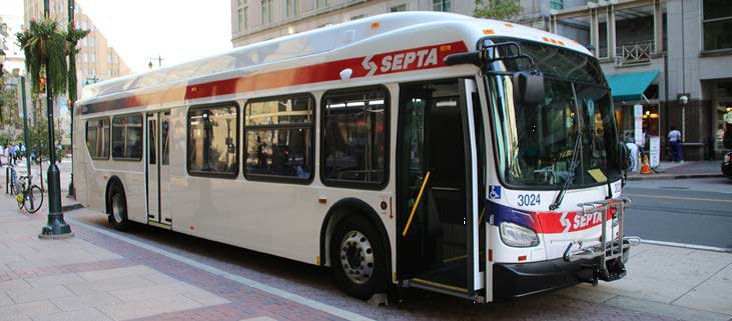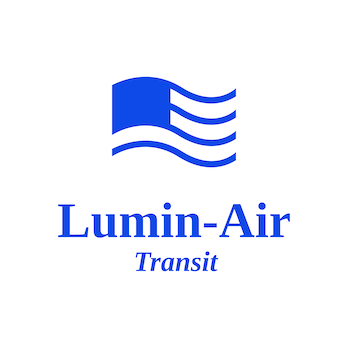SEPTA to Include Lumin-Air Transit’s MERV-13 Equivalent Filters on New Flyer Buses
SEPTA has specified these filters on their order of New Flyer buses currently being manufactured.
Pennsylvania Transit Authority (SEPTA) began testing of Lumin-Air Transit’s filters in January of 2021. The testing showed the filters to be able to remove small and large particles from the air while maintaining high airflows through the bus’s HVAC system. The filters last three times as long as standard bus filters.

Lumin-Air Transit’s filters remove greater than 85% of the droplet nuclei people exhale that could contain virus and bacteria cells. This means lower risks for people of getting COVID, the flu, a common cold, and other diseases that are spread through the air. The White House’s Clean Air in Building’s Challenge recommends using high-quality HEPA or MERV-13 filters. The EPA recommends minimum MERV-13 efficiency filters for areas where wildfires are prevalent, since the filters remove small particles. Lumin-Air Transit’s website shows their filters removing smoke recirculated in a test enclosure.
Nsimba Zebedi, SEPTA Engineer 1, said:This effort shows our commitment to the continued improvement of the health and safety condition of our riders and drivers on board our buses.
George Sauerbaum, SEPTA Project Engineer added:The filters we’re using from Lumin-Air Transit work well in providing high amounts of clean airflow over an extended period of time, keeping our riders and operators safe.
SEPTA retrofitted 525 buses with Lumin-Air Transit’s filters in 2021. SEPTA has specified these filters on their order of New Flyer buses currently being manufactured. A project to upgrade the filtration level on all of SEPTA’s fleet is currently underway.
Desmond Cole, SEPTA Chief Officer of Automotive Equipment, Engineering and Maintenance said:When exploring available technologies, we felt strongly about the need to remove contaminants and not add anything (chemicals, ions, or gases) into the air people breathe.
This article was originally published by Lumin-Air Transit.

